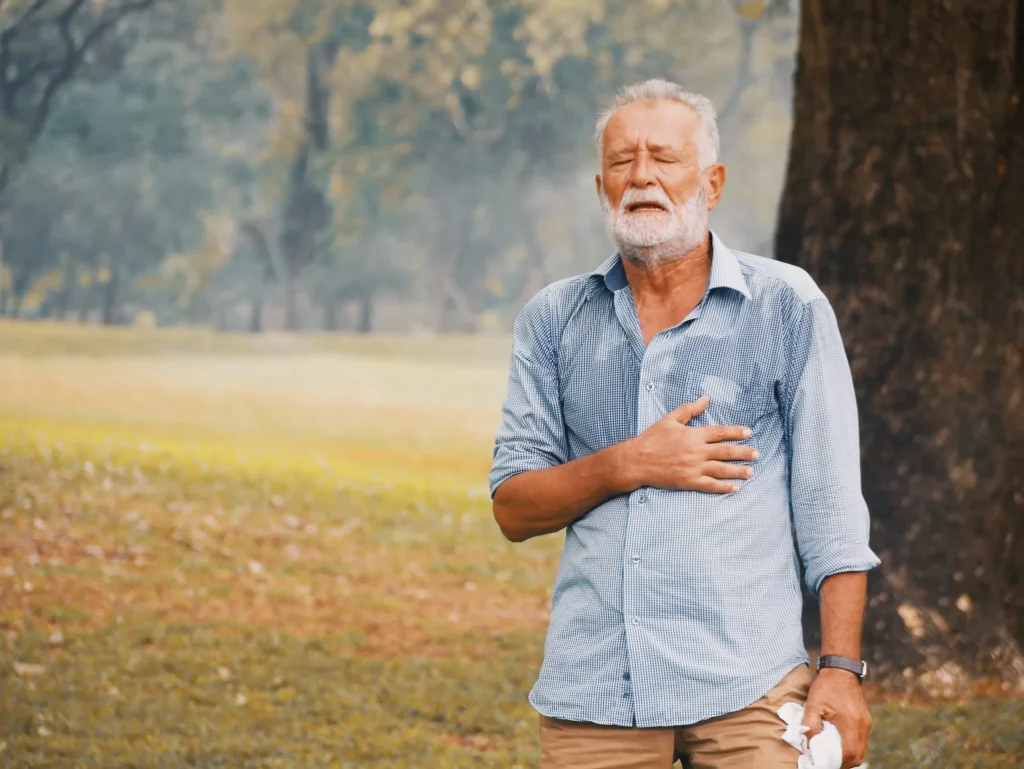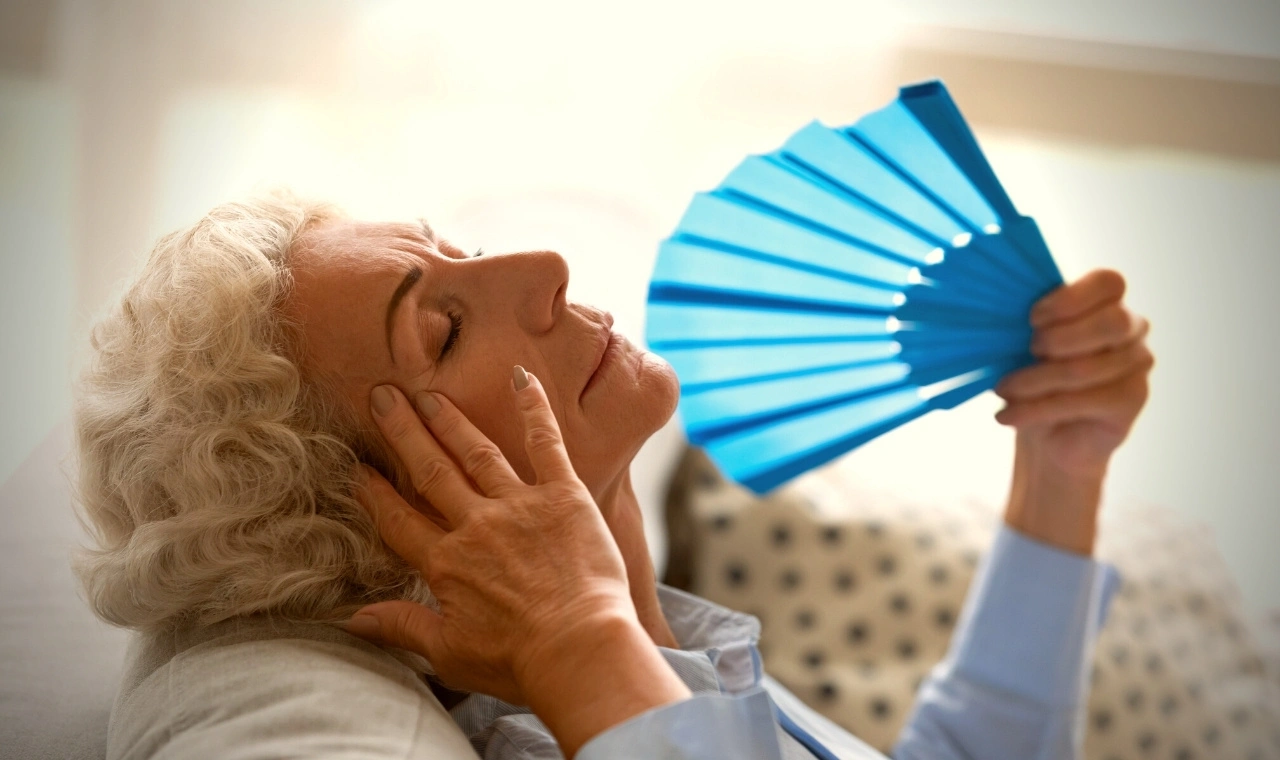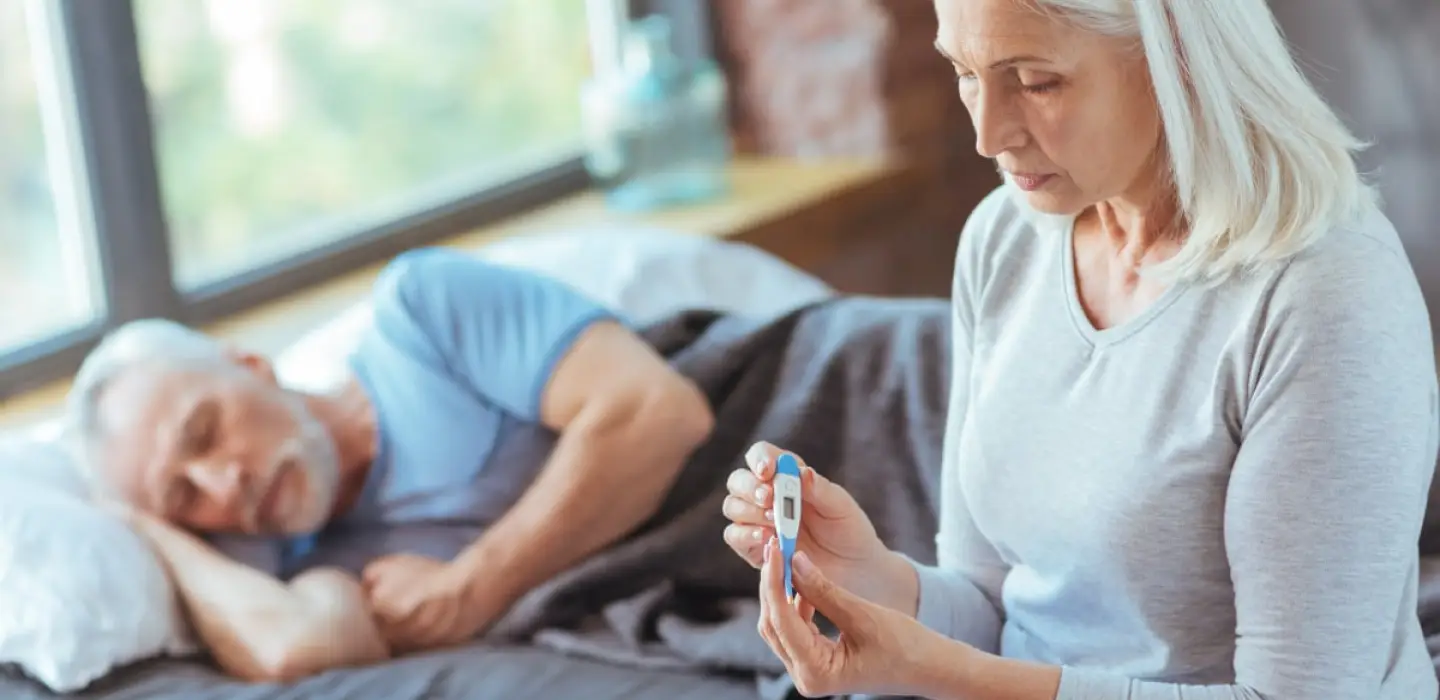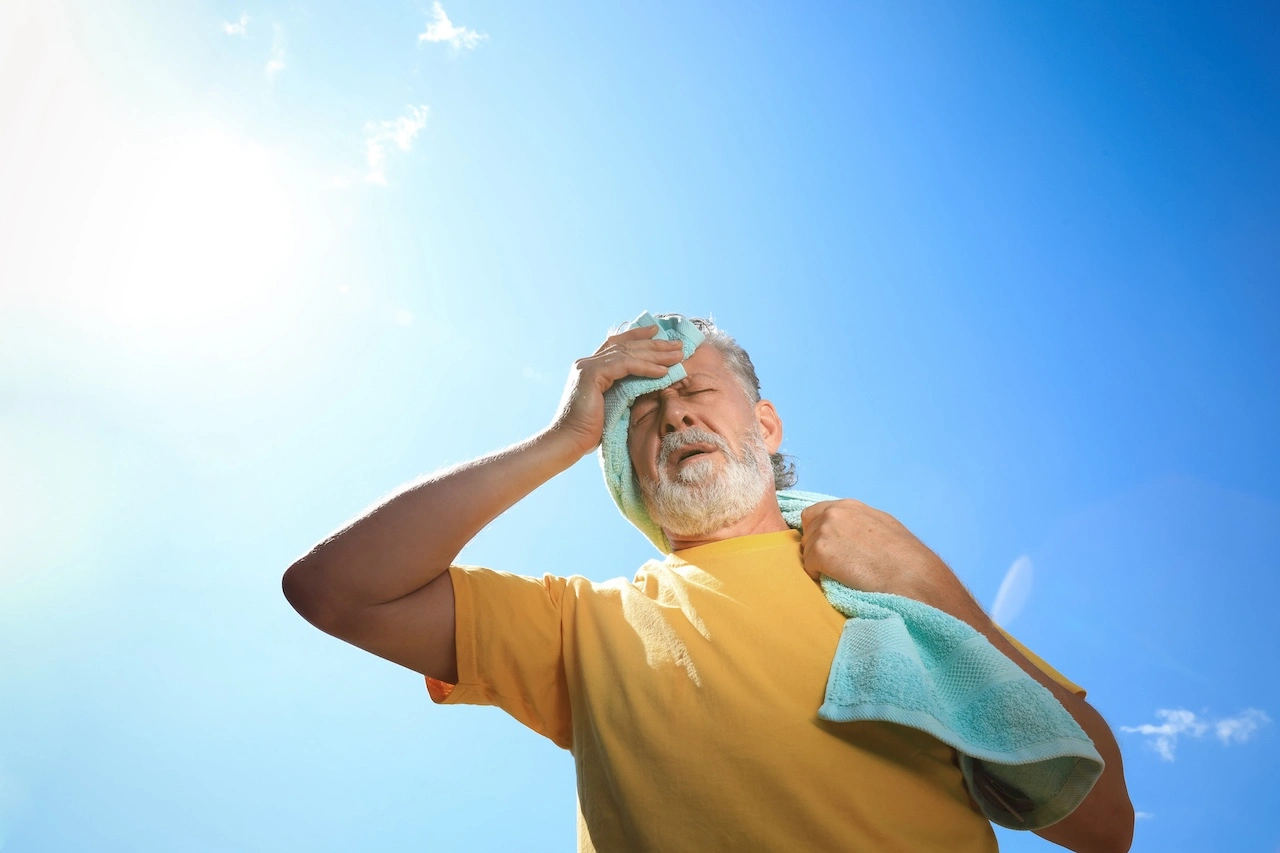
5 Hot Weather Safety Tips for Older Adults
You may also be wondering how to prevent Hyperthermia in your elderly parents and want to learn about hot weather safety tips for older adults. In this article from humanhealthmag, we want to talk about this. In general, most people face Hyperthermia problems in the summer due to the hot weather. However, the risk of Hyperthermia is higher for the elderly and children than for other people.
If you are responsible for caring for an elderly person at home, the summer season may bring special challenges for you. At this time, you should pay attention to the risks that may exist for the elderly person and make the necessary plans before the hot season begins. In this case, summer can be a desirable and pleasant experience for both you and other family members. Below are some tips for caring for the elderly in the summer.
Heatstroke Symptoms
Before talking about hot weather safety tips for older adults, it is better to first familiarize yourself with the symptoms of Hyperthermia. Hyperthermia can have symptoms such as headache, dizziness, nausea or vomiting, pale face, excessive sweating and increased body temperature. If you see an elderly person with these symptoms, be sure to take him to a cool place and remove tight and sticky clothing. Give them plenty of water or juice and bathe him in cool water.
If Hyperthermia is left untreated, it will lead to heat shock. Heat shock can negatively affect the general health of the elderly person. Note that Hyperthermia can occur suddenly and without warning symptoms. Symptoms of heat shock include hot and red skin, headache, nausea, extreme thirst, high temperature, mild confusion, aggression and loss of consciousness. This is a life-threatening condition for an elderly person and if you see someone with Hyperthermia symptoms, you should definitely call the emergency room.

Causes of Hyperthermia in the Elderly
In your opinion, why seniors should not go to summer camp? Hyperthermia in the elderly can occur for several reasons and hot weather safety tips for older adults should be followed. The immune system of the elderly is less able to cope with the heat. Among the causes of Hyperthermia are the following:
- Reduced respiratory system function: As we age, the ability to absorb and transport oxygen to the cells decreases. This condition can lead to improper breathing and, as a result, an increase in body temperature.
- Reduced ability to sweat: Sweating is one of the main mechanisms for cooling the body in hot temperatures. As we age, the ability to sweat also decreases and the body may not be able to regulate its body temperature effectively.
- Reduced ability to function the heart: In the elderly, the heart’s ability to cope with changes in heart rate and regulate blood pressure decreases. In high temperatures, these issues can lead to heart problems.
- Medications: Many elderly people take medications that may have side effects such as an increase in body temperature.
- Chronic diseases: Diseases such as diabetes, heart disease, chronic respiratory diseases, and other chronic conditions can reduce the body’s ability to cope with high temperatures.
- Dehydration: Dehydration can quickly lead to Hyperthermia in the elderly.

5 Hot Weather Safety Tips for Older Adults
Here are five hot weather safety tips for older adults to help minimize the damage to these people in the summer. Not that Drinking Healthy Smoothies for the Elderly can help them stay hydrated. These cooling techniques for hyperthermia include:
1- Drink enough water
- Seniors over 60 are generally more at risk of dehydration than other people. Lack of water in the body can lead to feelings of weakness, nausea, dizziness, and loss of balance. You can fully understand this by reading How long can elderly live without food and water.
2- Stay in a cool environment
- Staying in cool environments, drawing curtains, and using air conditioning during hot days can help reduce the body temperature of the elderly. Also, taking a cold bath or placing your feet in a bowl of cold water and using wet towels are useful to reduce body temperature. Older adults should avoid strenuous activities in the heat and limit activities such as housework and gardening to early morning or evening.
3- Avoid outdoor activities
- As we said before, it is better for the elderly not to leave the house on hot days and to leave daily tasks such as shopping or banking to family members or friends. They should avoid spending long periods of time sitting or working outdoors during the hottest hours of the day (usually between 11 a.m. and 3 p.m.). They should wear hats and stay in the shade as much as possible when they go outside. If they are using public transportation or traveling, they should carry a bottle of water with them to prevent dehydration due to sweating.

4- Act quickly if they feel sick
- When the elderly become Hyperthermia, they are likely to need immediate medical attention. However, the hospital emergency department, especially on hot days, poses special risks for the elderly. Therefore, it is better to always monitor the elderly and, if there are early signs of Hyperthermia, consult a doctor quickly so that preventive measures can be taken before the situation worsens.
5- Visit the elderly regularly
- For the elderly who live alone, heat waves pose special risks. Therefore, in the hot season, always visit the elderly and try to keep them in a cool environment with other family members.
Concluding Remarks
In this article, we have outlined some hot weather safety tips for older adults. Finally, to prevent Hyperthermia in the elderly, it is necessary to avoid excessive sweating, especially on hot days. Also, drink enough fluids and stay in cool, protected places. By following these general interventions for hyperthermia in older adults, they can take advantage of the good summer weather while avoiding excessive exposure to sunlight.
Note that there is no specific medicine to treat Hyperthermia. As a result, you should use the same solutions as mentioned. If the medicines used to reduce your body temperature have side effects for you, you should definitely see a doctor.
We are curious hear your thoughts! What is your take on this topic? Comments below join the conversation؛ your opinion could spark new ideas!

Frequently Asked Questions
What To Eat To Treat Hyperthermia?
As the weather gets warmer, many people suffer from Hyperthermia, and there are many things to consider to prevent it. One of these tips is to eat foods that are suitable for Hyperthermia. Also, people who have suffered from Hyperthermiaor want to prevent Hyperthermia should avoid eating certain foods.
What Is Meant By Hyperthermia In the Elderly?
Hyperthermia is the inability of the body to dissipate heat and an increase in the temperature inside the body to about forty degrees Celsius, which is caused by intense activity or hot weather. It can be interpreted as Hyperthermia being an imbalance in the body’s temperature regulation mechanisms, and heat production in the body, due to a sharp increase in the ambient temperature and the inability to dissipate the heat generated, causes Hyperthermia.
